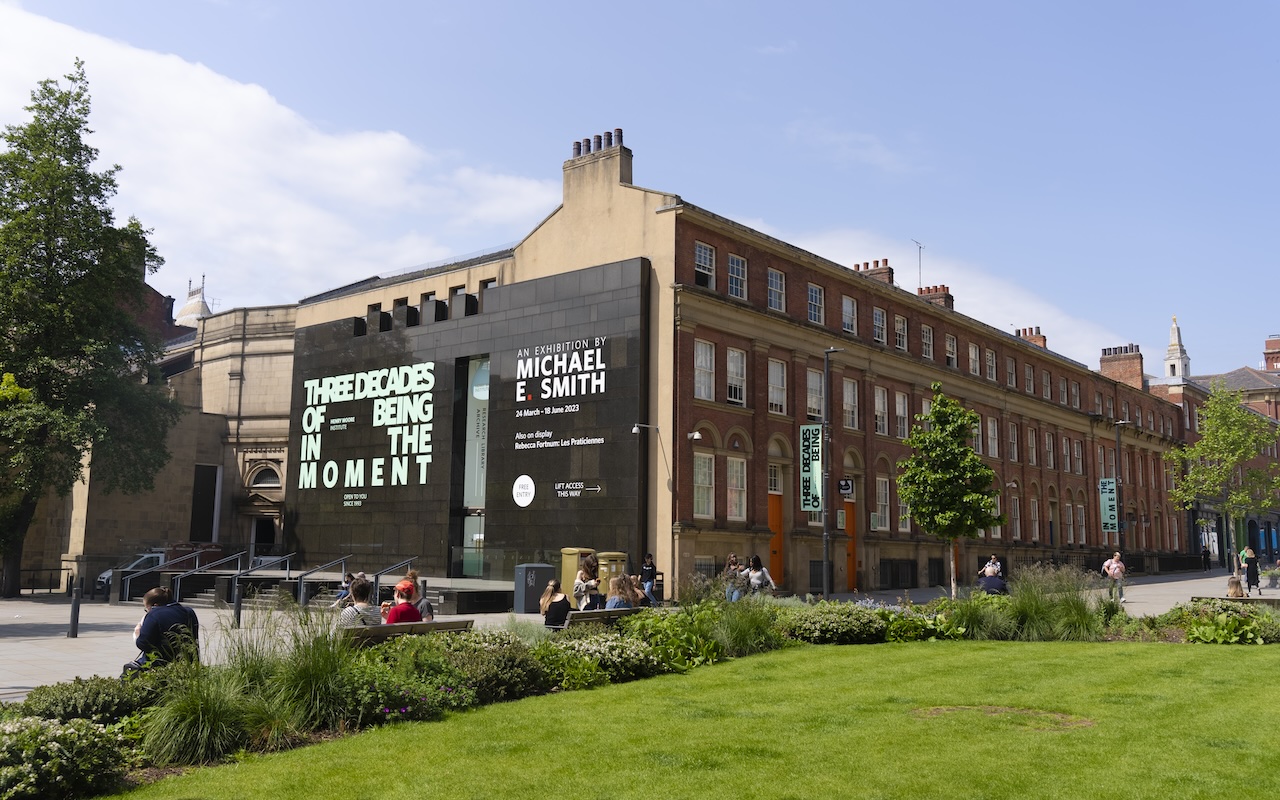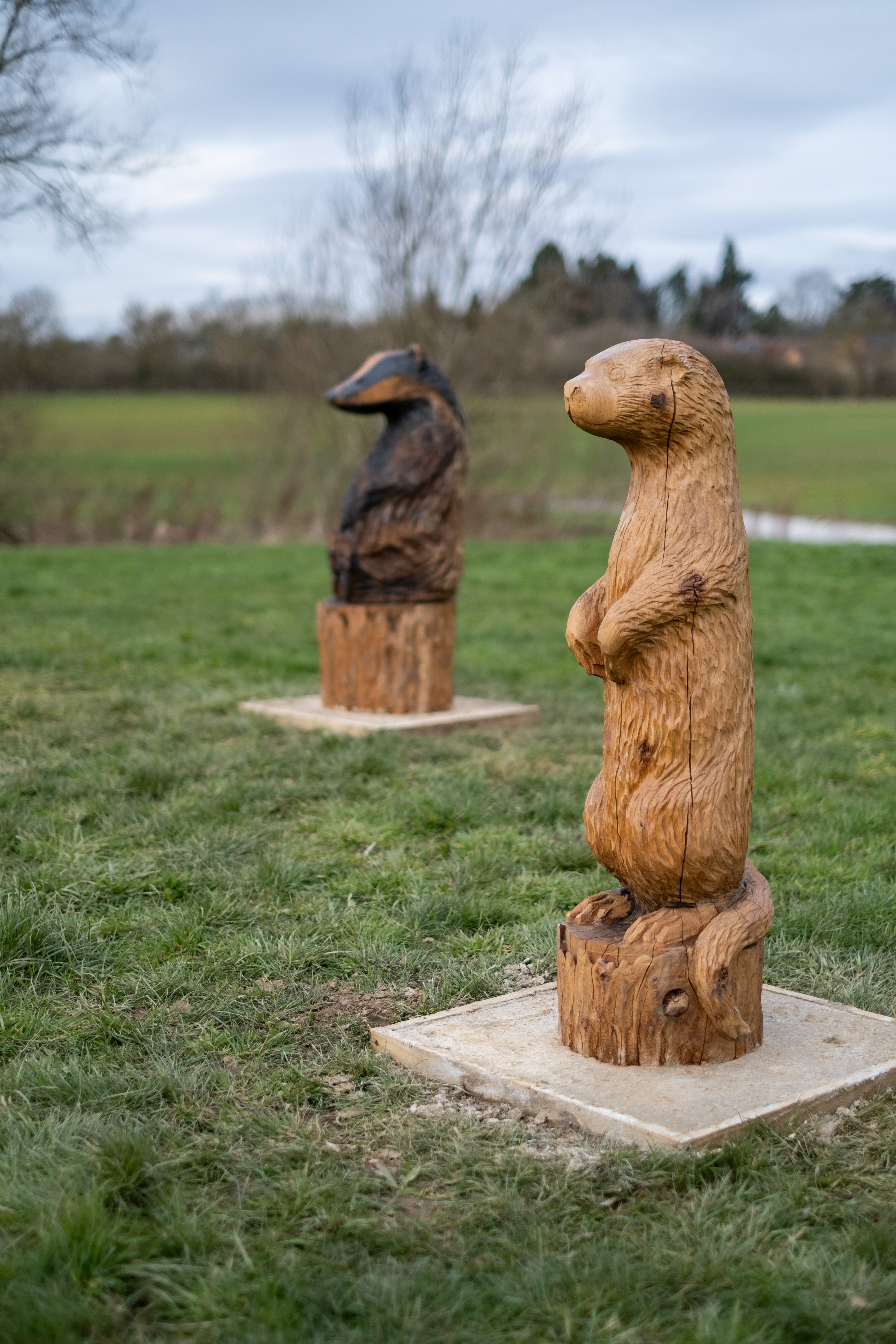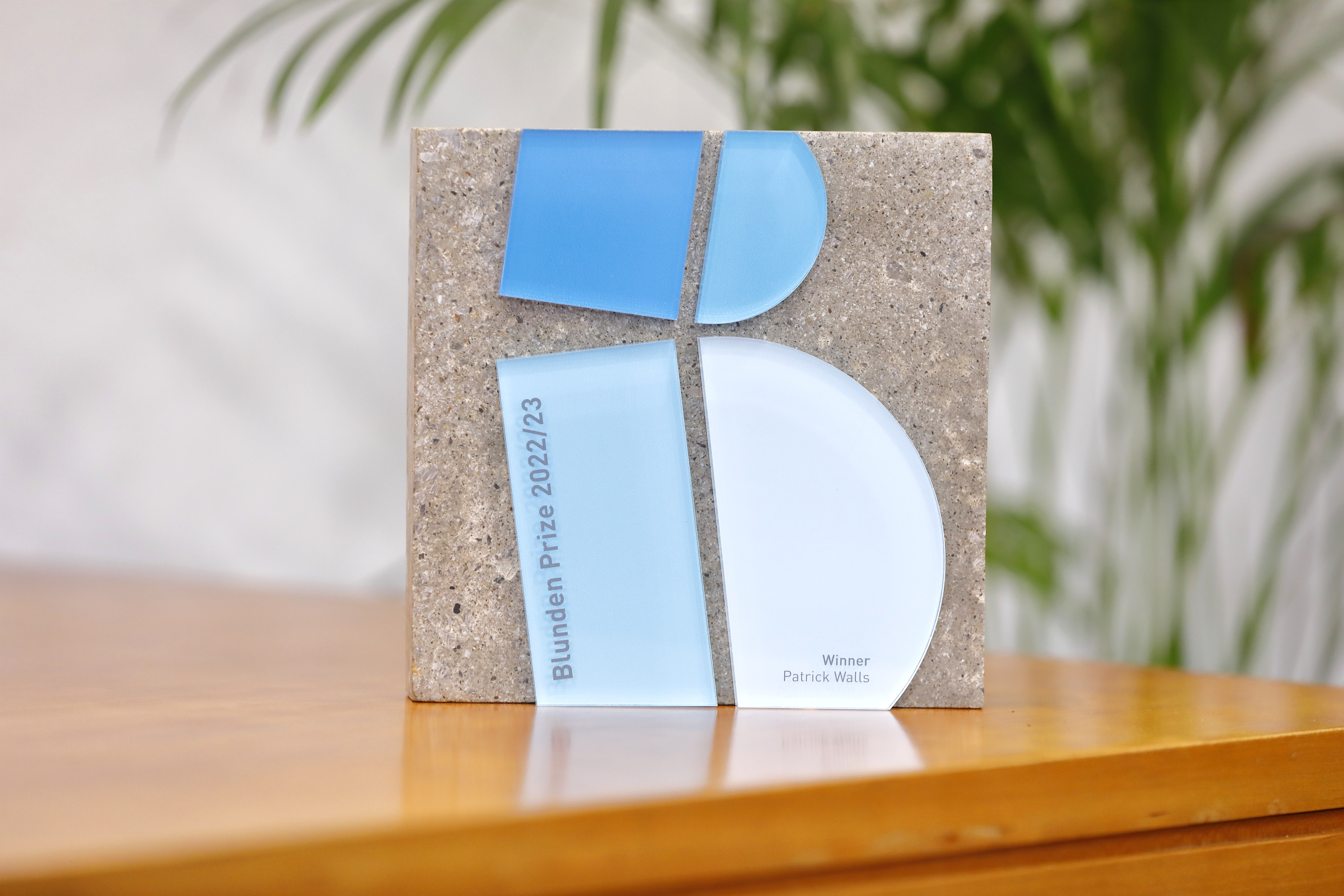
Stonewater secures planning permission to build ‘much needed’ affordable homes
Stonewater will build 27 new affordable homes in the centre of Ludgershall, Wiltshire.
Keep up to date with what’s happening at Stonewater and contact us for press enquiries.

As one of the UK’s leading social housing providers, we remain committed to our Vision - for everyone to have the opportunity to have a place that they can call home.
We regularly publish news stories so you can keep up to date with our work. As thought leaders, we also comment on social housing sector topics to represent the views and needs of our customers.
Read on to see our latest news or get in touch with us.
Our leadership team is available for interview now.

Stonewater will build 27 new affordable homes in the centre of Ludgershall, Wiltshire.

Stonewater has established a partnership with the leading sculpture research centre and gallery.

A series of woodland creature sculptures have been unveiled at a new affordable housing development in Market Harborough.
All media enquiries are handled by our PR agency See Media.
To discuss a news story, please contact See Media at stonewater@see-media.co.uk
If your enquiry is urgent, please call Sarah at See Media on 0121 827 6625.


Stonewater's public art competition gives talented artists the chance to deliver a series of pieces that can sit proudly on our development schemes. See the latest winner.
Learn moreOn the Air, our company podcast, brings together key industry figures, colleagues and customers for some lively conversations about what matters most in social housing.
Listen now